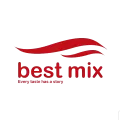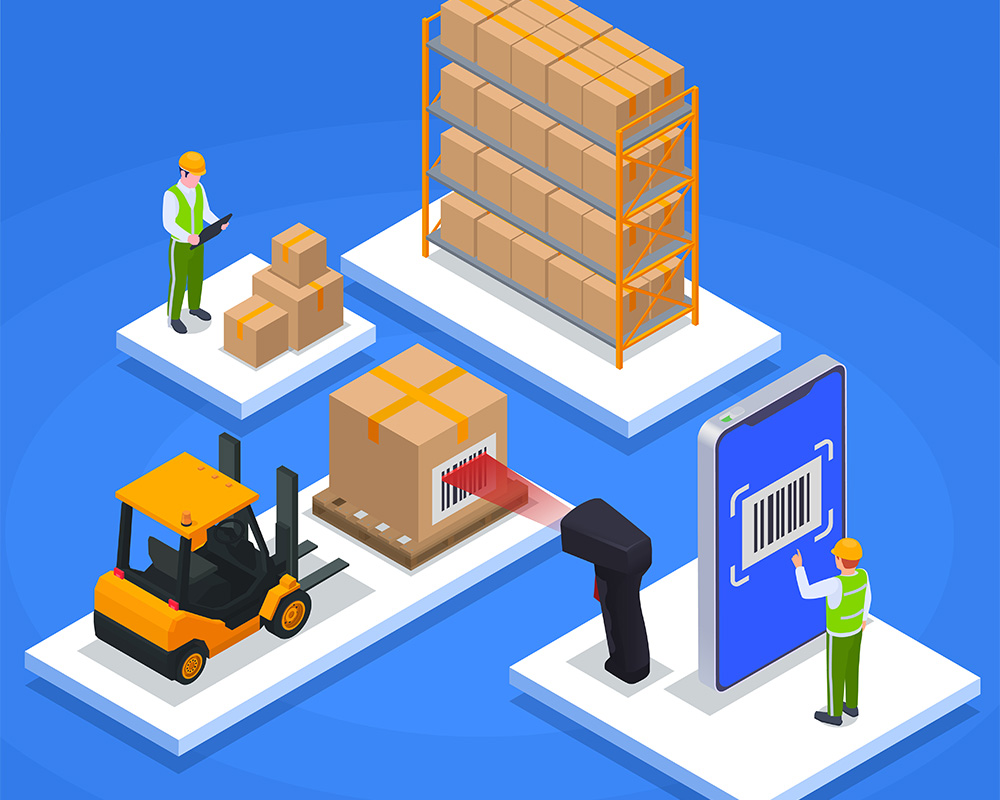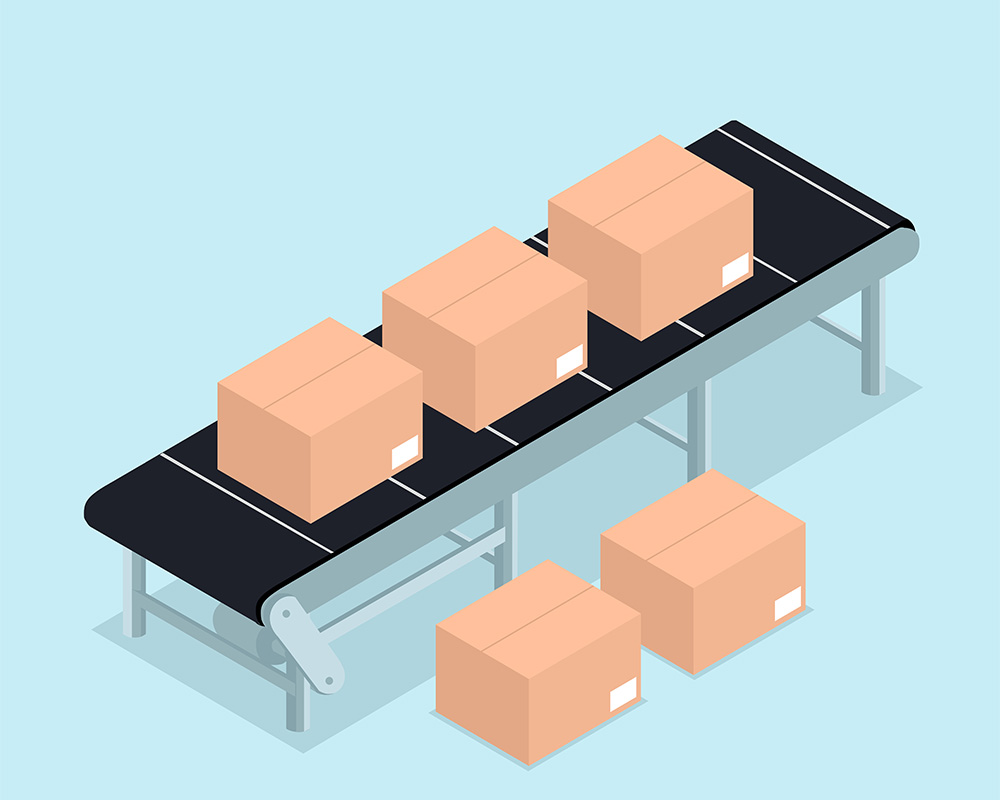Cold Chain Loginstics Management Services in Riyadh, Jeddah, Dammam, Saudi Arabia
Every stage of the supply chain holds significance, but the stakes are particularly high for temperature-sensitive cargo. Effective control of temperature and moisture remains a pivotal challenge in logistics. At Units, our specialized cold chain logistics management ensures that your temperature-sensitive shipments are handled with precision. Our advanced units technology and fleet of refrigerated containers and trucks are crucial in maintaining the integrity of each shipment. Learn how our cold chain solutions safeguard your products and enhance your operational efficiency, directly benefiting your bottom line.




















Understanding Cold Chain Management
Cold chain management involves meticulously maintaining stable temperatures from packaging through to storage and shipping to ensure the integrity of temperature-sensitive goods. Using advanced refrigeration and insulation techniques, we mitigate risks associated with extreme temperature fluctuations. While often associated with food and beverage safety, the scope of cold chain management extends to diverse sectors, including pharmaceuticals and frozen products. At Units, we provide versatile solutions tailored to meet the specific needs of various temperature-sensitive shipments.
Packaging
Effective cold chain logistics starts right from the initial packaging. To safeguard temperature-sensitive products, proper insulation is crucial. Our range includes advanced cooling solutions such as coolers, box liners, and insulated containers, each designed to maintain optimal conditions. Among our standout offerings are the Units thermal pallet covers, engineered to shield palletized products from temperature fluctuations.


Storage
After packaging, secure storage becomes the next priority. Our temperature-controlled warehouses are ideal for maintaining stable conditions for sensitive items such as food products and pharmaceuticals. Utilize our Units pallet covers and thermal blankets for additional protection within your storage facilities, ensuring your cargo remains at the required temperatures until ready for shipment.
Shipping & Tracking
While all stages of cold chain logistics are critical, the shipping process is pivotal. Selecting trustworthy carriers and implementing cutting-edge tracking technologies are key to the safe transport of temperature-sensitive goods. Our logistics solutions include the use of refrigerated trucks and containers for perishables, alongside insulated options for less sensitive items. Leverage our IoT technology to monitor shipment temperatures in real time, maintaining safety and compliance, particularly for critical goods like food and medication.
Who Uses Cold Chain Logistics?
Electronics
Food & Beverages
Medicine
Cold Chain Packaging Solutions in Riyadh, Jeddah, Dammam, Saudi Arabia
Cold chain packaging is a critical initial step in ensuring the safety and integrity of temperature-sensitive products. This packaging varies greatly, depending on the sensitivity of the products being shipped, with both active and passive options available to meet different needs.
Passive Cold Chain Packaging
Passive cold chain packaging is suited for controlled room temperature shipping and storage scenarios. It’s an economical option for goods that are lower-risk or less temperature-sensitive. These containers utilize advanced insulation materials to shield your products from external temperature variations and may also include coolants like gel packs or dry ice to enhance temperature control. Passive systems are often chosen based on their duration of temperature maintenance capabilities. Additionally, our Units range offers supplementary solutions like thermal blankets, pallet covers, and container linings to enhance the efficacy of passive containers.


Active Cold Chain Packaging
For more sensitive or high-risk products, active cold chain packaging offers a more robust solution. These systems are equipped with cooling or heating mechanisms designed to maintain precise temperatures with minimal fluctuation. Active containers often feature alarms and standby systems to alert you if temperatures deviate, ensuring your products remain within safe parameters throughout transit. Though more costly due to their sophisticated technology, active containers are typically rented or leased, reflecting their higher efficiency and technological advantages.
Integrating Digital Technology in Cold Chain Management
In cold chain logistics, technology is just as crucial as the physical handling of cargo. Advanced digital tools enable seamless tracking and monitoring of shipments, ensuring temperature-sensitive cargo remains within safe conditions throughout transit.
Tracking Enhancements
Effective tracking ensures that shipments are not only on time but also secure and under constant surveillance. Our trucks are equipped with modern GSM/GPS systems to provide continuous location updates. For more granular tracking, we employ battery-powered GPS devices on individual packages, enabling pinpoint monitoring across trucks, ships, or railways. For indoor tracking, our facilities utilize RFID and BLE technologies, offering an efficient method to monitor goods within a confined space.
Advanced Monitoring Capabilities
Beyond location tracking, our systems allow for detailed monitoring of environmental conditions. Unlike traditional data loggers that require physical interaction to retrieve data, our setups feature cutting-edge Bluetooth temperature sensors and comprehensive IoT infrastructure. These technologies gather and relay critical data like temperature and humidity directly to our cloud servers. This setup ensures you can access real-time conditions of your cargo from anywhere, at any time, providing critical alerts if conditions deviate from preset thresholds.
Cold Chain Regulations & Standards
Navigating the regulatory landscape is a crucial component of managing cold chain logistics, especially when handling items like prescription drugs, food, and beverages. Adherence to established regulations ensures consumer safety and compliance in the face of potential risks associated with mishandling temperature-sensitive goods.
Key regulatory frameworks include:
- 21 CFR 205.50: Sets minimum standards for the storage and handling of prescription drugs, along with the establishment and maintenance of distribution records.
- 21 CFR 203.32 & 203.36: Outline specific requirements for drug sample storage and handling, as well as rules for fulfillment houses, shipping, mailing services, co-marketing agreements, and third-party recordkeeping.
- 21 CFR 211.150: Governs distribution procedures.
- 21 CFR Part 11: Pertains to electronic records and signatures, emphasizing the importance of digital data integrity in modern logistics.
For the food sector, compliance with the Food Safety Modernization Act (FSMA) is mandatory, alongside adherence to Current Good Manufacturing Practices (CGMPs). Additionally, entities must implement Foreign Supplier Verification Programs (FSVP), develop comprehensive Food Safety Plans, and adhere to Hazard Analysis Critical Control Point (HACCP) and Hazard Analysis and Risk-Based Preventive Controls (HARPC) standards.
Cold Chain Management Challenges
Regulatory Compliance
Risk of Damaged Goods
Ensuring Proper Handling
Initiate a Conversation
Let’s discuss how Units can boost your eCommerce business.
Ready to enhance your logistics operations? Start by scheduling a quick discussion. We’re here to help you optimize your supply chain and achieve greater efficiency with our dedicated warehousing solutions.


